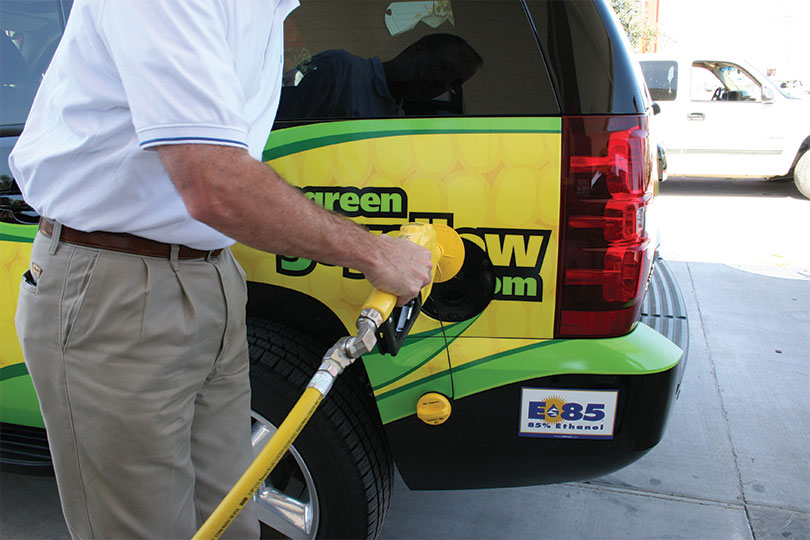By Jessica Domel
Multimedia Editor
The largest economy in Latin America voted last week to implement a 20 percent tariff, or tax, on American ethanol imported into the country.
The Brazilian Minster of Agriculture Blairo Maggi announced the decision by the Chamber of Foreign Trade, or Câmara de Comércio Exterior (CAMEX) in Portuguese, on Twitter.
The resolution passed by CAMEX places the 20 percent tariff on imported ethanol after the 600-million-liter ethanol quota is met. That’s roughly 158.5 million gallons.
In June alone, Brazil imported nearly 21 million gallons of American ethanol, according to the Renewable Fuels Association (RFA).
“We are disappointed and discouraged to see the ruling out of Brazil imposing a tariff on U.S. ethanol,” RFA President and CEO Bob Dinneen said. “Given the tremendous volume of information we provided to Brazil that demonstrated how misguided a tariff would be, it seemed politics prevailed and Brazilian consumers lost.”
Brazil requires its gasoline to have about 27 percent ethanol in it. Putting a higher price tag on ethanol will likely translate to the pump, which would hurt Brazilian customers, according to Dinneen.
“Additionally, this action goes against Brazil’s longstanding view that ethanol tariffs are inappropriate and will effectively close off an open and bilateral trading relationship that benefits all sides. We strongly urge this recommendation to be reversed as soon as possible and will work to that end through all available pathways,” Dinneen said.
Brazilian consumers wouldn’t be the only ones feeling the pinch. American farmers and the ethanol industry would also be hurt as Brazil is the second largest market for U.S. ethanol. Only Canada buys more American ethanol.
Brazil and the United States lead the world in terms of ethanol production.
Brazil leads the world in sugarcane ethanol production, while American ethanol is made mainly from corn.
Growing demand for sugar recently has prompted many Brazilian sugarcane growers to prioritize sugar sales over ethanol, which has created a need for more ethanol in the country, according to Dinneen. Inflating prices on imported ethanol, he said, will only increase prices for Brazilian drivers.
According to the Washington Times, this isn’t the first time Brazil has slapped tariffs on American goods. The most recent tariff expired at the end of 2011, they report. Since then, exports from the U.S. have continued at higher levels since before the tariffs were implemented.

